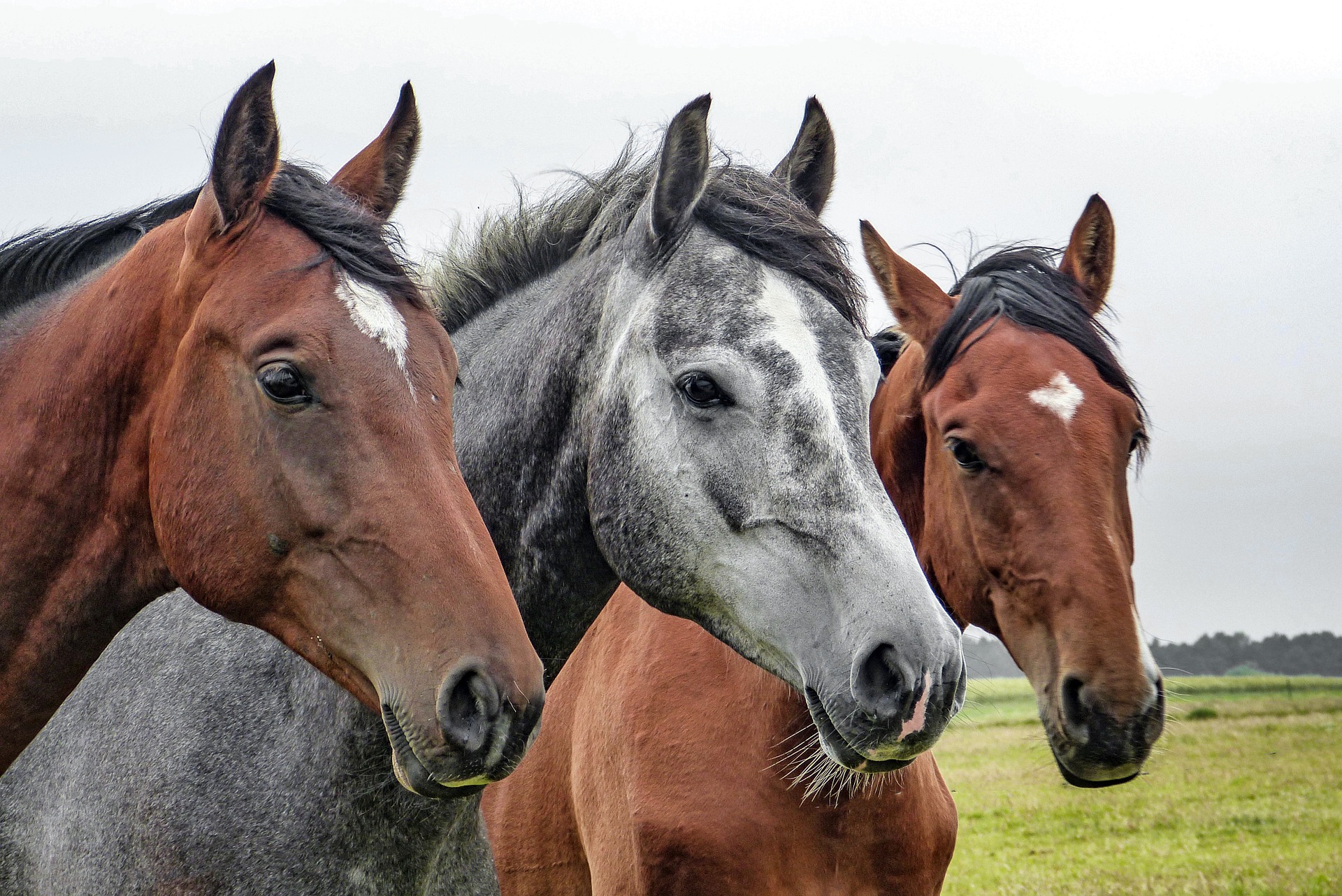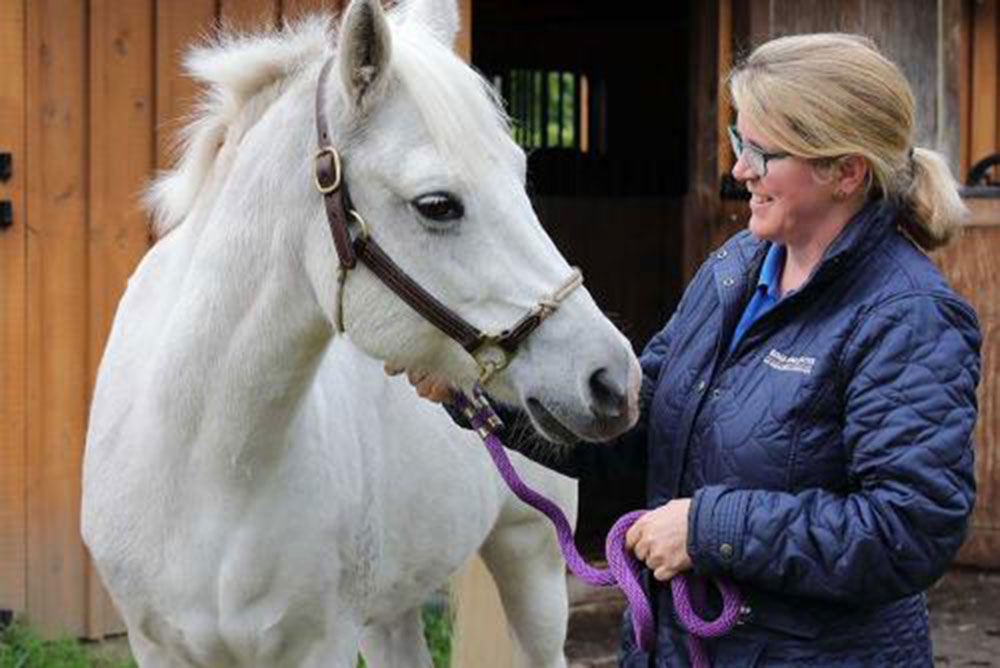Health & Education
We all want the best care possible for our horses. The Heath & Education section covers both Learning Institutions, Organizations as well as many sources for equine assistance including Veterinarians and Farriers.
For those who want a to formally study horses, the Education section includes College Riding, Equine Studies, and Veterinary Schools. Learn about the wide variety of horses in the Horse Breeds section. Supplements and Treatments Therapy are also included in the section.
Everyone can learn from Fine Art and there are some specialty Museums that might surprise you.
Horses as a therapy partner enrich the lives of the disabled. These facilities are listed in our Therapeutic Riding section. To help children and young adults build confidence and grow emotionally, please see the resources available on the Youth Outreach page.
Looking for a place to keep your horse? You can find it in the Horse Boarding section. Traveling? Find a Shipping company or Horse Sitting service if your horse is staying home!
Want to stay up to date with the latest training clinics or professional conferences? Take a look at our Calendar of Events for Health & Education for the dates and locations of upcoming events.
Do we need to add more? Please use the useful feedback link and let us know!

by Valley Vet Supply
Every horse deserves to be protected against equine diseases through vaccinations. Are you aware of the core and risk-based equine diseases that could be threatening your horse’s health?
Learn about core equine diseases. Every horse, every spring deserves to be protected against the five core equine diseases, which include: Eastern equine encephalomyelitis (EEE) and western equine encephalomyelitis (WEE), Rabies, Tetanus and West Nile Virus.
Read more: Is Your Horse Protected Against These Disease Risks?

In the spring of 2019, four women with trauma histories visited a small farm in Lexington, Massachusetts, to try a new type of therapy. These sessions turned out to be quite a change of pace from typical group therapy—but not just because they involved horses.
Equine-facilitated psychotherapy (EFP), also known as equine-assisted psychotherapy, is, as the name suggests, therapy that features interactions with horses. Unlike therapeutic horseback riding, a licensed mental health professional facilitates EFP group sessions, and, in many cases, no horseback riding is involved. EFP instead focuses on caring for and working with horses to achieve goals similar to those of traditional psychotherapy.
Equine-Facilitated Psychotherapy
How does EFP work? How well does it work?
That’s what Sherry R. Winternitz, MD, clinical director of the Dissociative Disorders and Trauma Programs at McLean Hospital, and her co-investigator, researcher Stephanie A. Maddox, PhD, aim to show through the results of a McLean-led study at Lexington’s BINA Farm Center. BINA is a nonprofit focused on helping people of all ages and abilities thrive, primarily through equine-assisted activities and therapies.
Read more: Equine-Facilitated Psychotherapy: Facing Trauma With a Horse by Their Sides
- University of Kentucky’s Department of Veterinary Science Responds to Nocardioform Placentitis
- Odd Couples
- Born to Stretch — Long and Low
- Don’t Be So Hard On Yourself; 10 Ways to Stay Positive About Showing
- 3 Tips for Horse Riding With Epilepsy (and Confidence)
- Physical Signs of Damage Caused by Ill-Fitting Saddles
- Conception Failure in Mares: Seven Causes
- Horses Blink Less, Twitch Eyelids More When Stressed, U of G Researchers Find
- Maintain Your Horse’s Safety This New Year's Eve
- Caring for “Winter Woolies”
- Equestrian Programs Benefit Veterans
- New Allergens Associated with Severe Equine Asthma
- Testing a New Therapy for Horses Struggling to Breathe
- Minerals and the EMS Equine
- Straight From the Horse’s Mouth: Equine Dentistry Basics
- Nutrition for the Pregnant Mare
- Monty Roberts: I Don’t Want My Students to Be As Good As Me
- How to Choose the Right Farrier for Your Horse
- What Horses Like
- 3 Ways to Learn to Ride Better - An Excerpt from Two Brains, One Aim

































